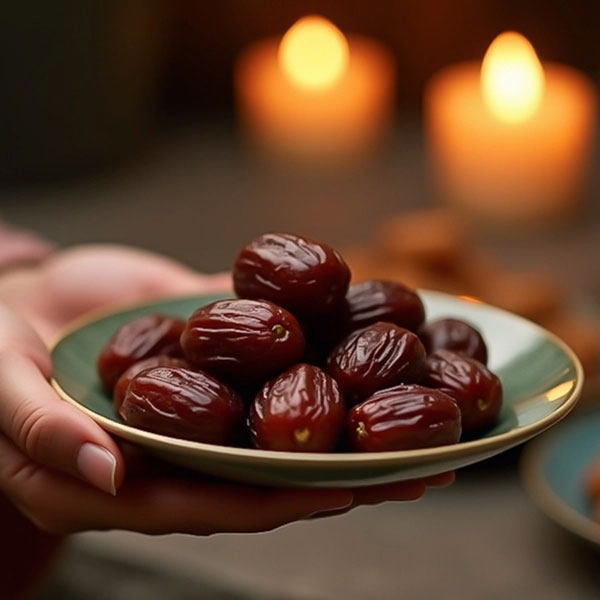
The Boosts and Benefits of Movement: The Role Exercise Plays in Ibadah
Ramadan recently came to a close, and I pray Allah (SWT) accepts all of our fasts, time spent in worship and fellowship, prayers, and pleas for repentance. I also pray He blesses us with life and vibrant health that we might welcome many more Ramadans in our lives and reap the blessings of this blessed month for years and years to come. Thinking ahead to future Ramadans, may Allah (SWT) bless me to see them, I’m reminded of what a friend shared with me about this most recent month of fasting. For the first time, she incorporated exercise into her routine. I was excited for her and encouraged her to keep going, but it got me thinking even more than I normally do about the importance of moving and exercising regularly, not only to keep ourselves healthy, but to honor the body Allah (SWT) entrusted to us, even when we are denying our bodies food and drink in a spiritual quest to become closer to Him. With Ramadan now in the rearview mirror, I hope many of you are jumping back into a regular fitness routine or looking to start one. Building stamina, flexibility, endurance, and strength are part and parcel of our faith as Islam certainly encourages care of our bodies. I’m sure many of us are familiar with Prophet Muhammad’s (peace be upon him) hadith concerning our health and the tremendous gift it is from our Lord. Narrated by Ibn Abbas, the Prophet (peace be upon him) said, “There are two blessings that many people are deceived into losing: health and free time.” (Bukhari 6412) You also may be aware of the Prophet’s (peace be upon him) advice to practice physical activities like horseback riding, swimming, and archery. Any of these and other exercise activities can ensure we are fit enough to stand long hours in taraweeh prayer in Ramadan, perform the strenuous rituals of the hajj, and complete our five daily salat prayers where we must stand upright, bend, prostrate and then lift our bodies back to standing, all of which takes muscular strength, endurance, and mobility. If you’re finding it difficult to commit to regular exercise, or if you tend to start strong but eventually find yourself unable or unwilling to maintain this healthy habit, perhaps a change in perspective might help you to find your way back to consistent movement. Like so many other things in our life, we Muslims can look to our beloved Islam for the answer. By doing so, we often find our worship is not only a boon to our spiritual health but to our physical health, as well. As mentioned, exercise helps us to fulfill many of the physical aspects of our worship. But did you know exercise also can improve brain function, notably our ability to concentrate? Think how this might elevate your salat or the time you spend reading Quran. How often do we find our minds wandering while we pray or when we are reading His word? Rather than being absentminded, we want to be focused on Allah (SWT) and the words we are reciting, hoping to deeply ponder and reflect on their meaning so that we might be more sincere in praising Him. Exercise might make this a bit easier, considering it improves blood circulation, thereby promoting increased blood flow and oxygen to our brains, resulting in better cognitive function and alertness. Additionally, when we work out our body releases neurotransmitters, namely serotonin and dopamine, which aid in putting us in a good mood, relieving stress, sharpening our focus, and helping us to be more motivated. If we could approach prayer and any other aspect of worship with a clear and alert mind, free of daily stressors and with a positive outlook, imagine how much more attention and concentration we could put on Allah! Remember, we have just come out of Ramadan, a month filled with discipline, commitment, and persistence of worship. Let us continue this momentum by honoring our bodies that Allah (SWT) blessed us with by taking good care of them, not only for the sake of how we feel, but for the sake of approaching our prayer and other acts of worship with a light and happy heart and a focused mind concentrated fully on Allah (SWT). Read Other Articles on messageinternational.org










